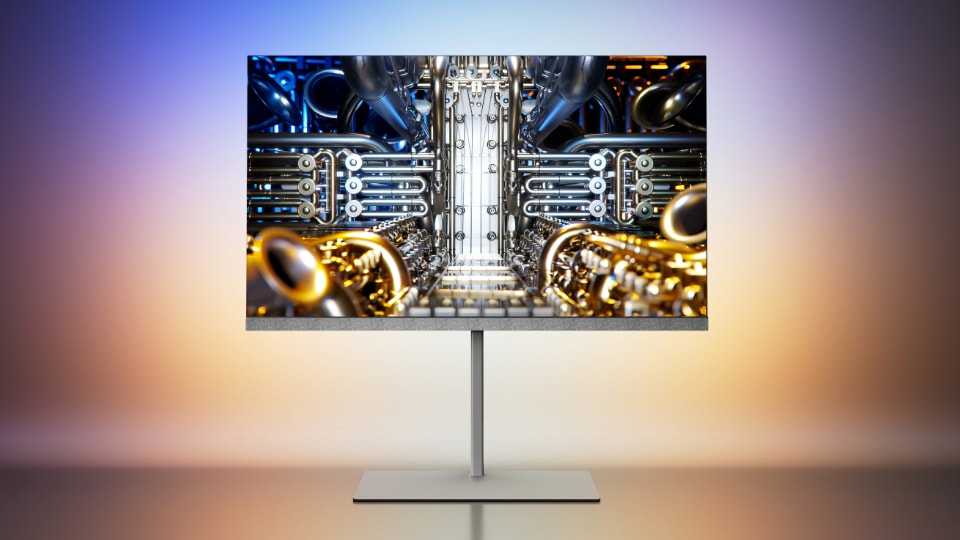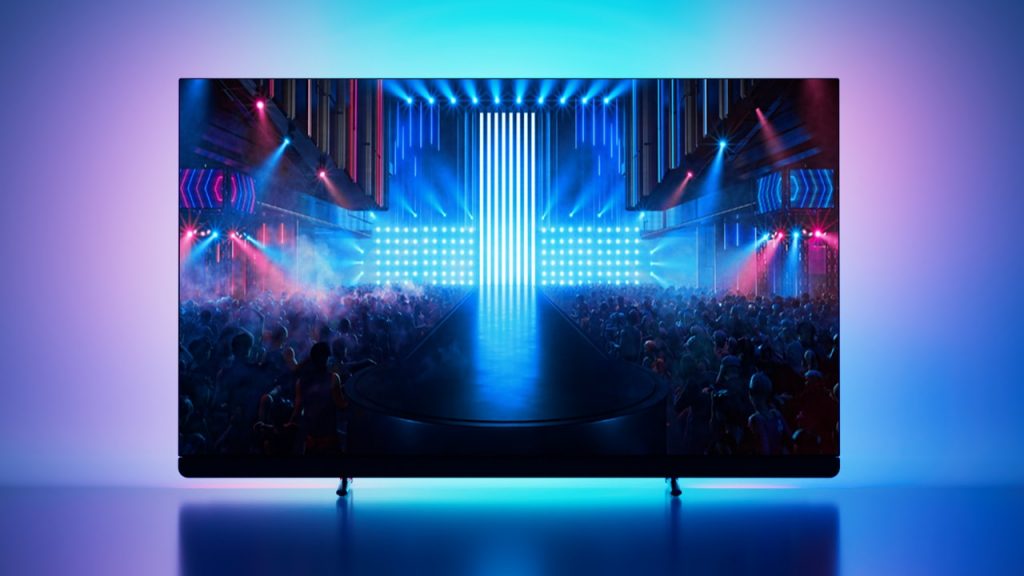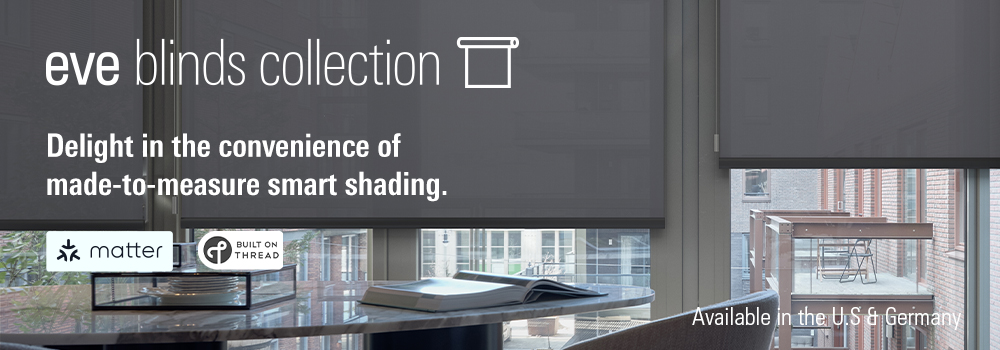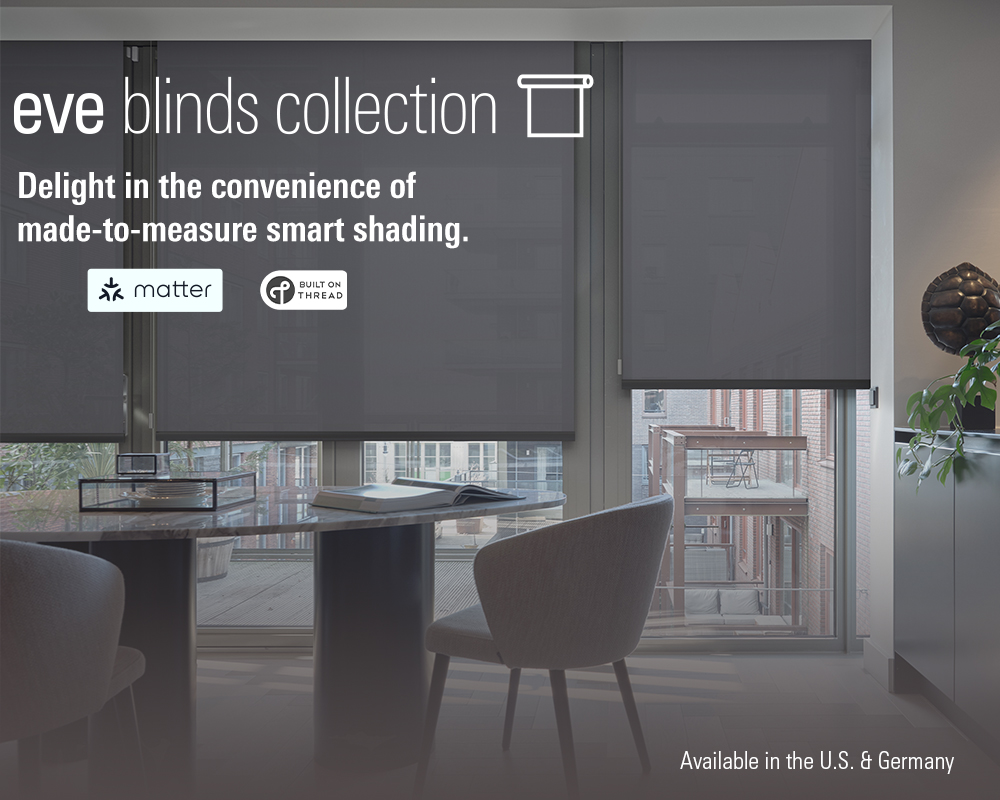With TPVision, another major TV manufacturer has committed to the Matter smart home standard. The Dutch company, which is part of the Chinese display group TPV, develops and produces Philips brand televisions (link). At a launch event in Barcelona, it announced its first models that will support Matter. Three series with OLED screens and Ambilight environmental lighting, which bathes the background of the device in colored light if desired:
- OLED809 brings Matter into the manufacturer’s OLED mid-range. Thanks to a new type of panel, the peak brightness of the models should be 1300 nits, which is already very high by OLED standards. The devices will be available in six screen sizes (42″, 48″, 55″, 65″, 77″) and are set to be launched on the market from May 2024.
- OLED+909 ranks above it and features technologies designed to further improve picture and sound. The peak brightness has also been increased again to 3000 nits. Three sizes are planned (55″, 65″, 77″) and delivery dates from June 2024.
- OLED+959 is the name of the new flagship in the range, with an extended Ambilight that has lenses on top of the rear-mounted LEDs. According to the manufacturer, this should enable significantly higher-resolution and more dynamic ambient lighting. Also on board: a 5.1.2-channel sound system from hi-fi specialist Bowers & Wilkins. The top model with a 65-inch screen is set to be be available in Q3 2024.

All three series use Google TV OS as their operating system, which should explain the Matter support. At CES 2024 in Las Vegas, Google announced that “selected Google TV devices” will be given the functions of a Google Home Hub. This will enable them to work as Matter controllers. More is not yet known about the implementation at TPVision. It remains to be seen whether the devices will support Matter at launch or whether they will receive a software update later. This is likely to depend not least on Google as the developer of the operating system.
Share this information:


